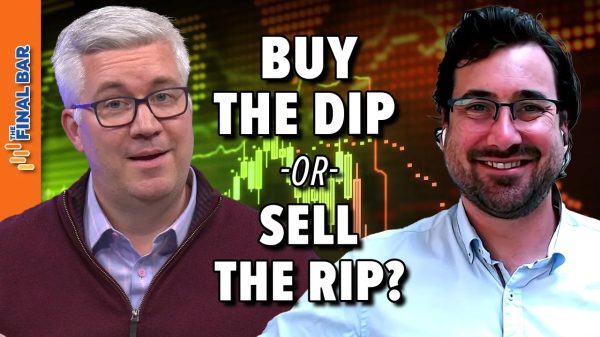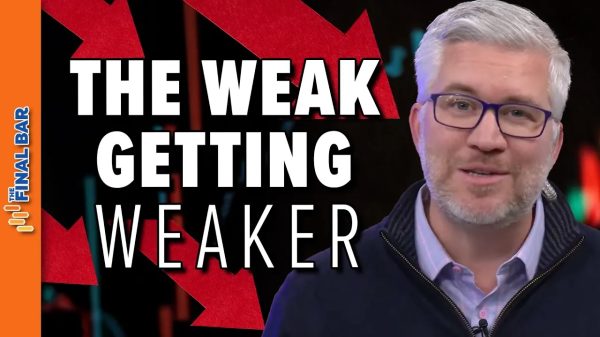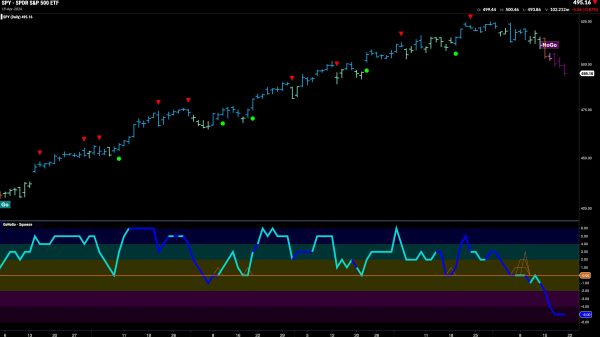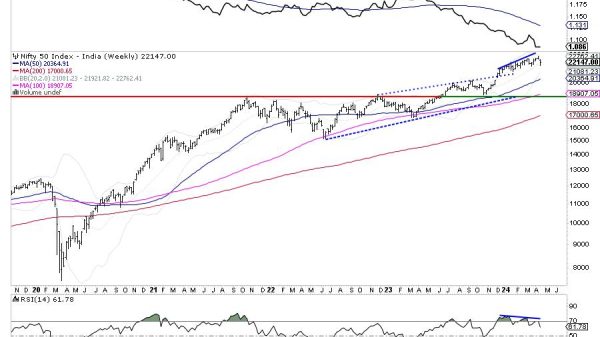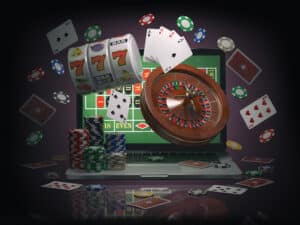Ludwig von Mises wrote Socialism: An Economic and Sociological Analysis, a small book published in 1922, which demonstrated that economic calculation in a socialist commonwealth is impossible. Of course, Mises assumed that the purpose of an economy, even a socialist one, was supposed to produce goods and services, which determined its success or failure.
Alain Besançon wasn’t an Austrian or a Misesian, but he wrote Anatomie d’un spectre: l’Économie politique du socialisme réel, also a small book the size of Mises’s own Socialism, in which he also observed that the Soviet economy couldn’t perform economic calculation; thus, the Soviet economy performed poorly, very poorly by Western standards.
The Soviet economy was wasteful and chaotic. Besançon believed that economic planning induced irrationality in the system. Terrified managers couldn’t report failing the plan, and consequently any subsequent economic planning would be even more divorced from reality than previous planning had been.
Both Besançon and Mises knew that socialism could not discover market prices. Both knew that this would lead to widespread corruption. However, Besançon realized that the state not only tolerated but also used the black market for price discovery in economic sectors critical to the regime, like defense and certain prestigious cultural and sport endeavors (Bolshoi Theatre, gymnastics, eventually hockey, etc.).
However, there is a critical difference between Mises and Besançon. While Mises believed that the goal of the Soviet economy was to produce usable goods and services, Besançon believed otherwise. The Soviet economy, he posited, was never about producing goods and services for consumers, but rather had other goals.
The Soviet economy existed to keep the Communist Party in power, and that was the sole criteria party leaders used to evaluate its performance. The “production” of political power was supreme, and anything else was secondary, subordinated to the main goal for the Soviet economy.
Soviet political leaders did not want an economy thar produced goods abundantly because abundance separates the citizen from the state. The state would lose its power over its subjects if they became wealthier. Homo sovieticus—the Soviet man—had to be dependent on the state, barely living from one day to the next on state-issued ration cards.
Despite absurd planning orders and a lack of market prices, if a Soviet manager managed by some miracle to produce well-being, he might well have been punished for failing to produce what he really needed to produce: state power over simple people. Abundance and well-being always were and still are the true enemies of socialism; people cannot be able to ignore or to forget the power of the state.
While the Soviet economy is not something people wish to revisit, nonetheless, influential elites are calling for governments to assert power over individuals to restrict consumer choice to achieve political goals benefitting those in power. For example, the World Economic Forum declares that people should start eating insects in the name of “sustainability.” Likewise, in the name of fighting climate change, progressive elites in government and business are attempting to force people to buy electric cars despite their serious drawbacks. While social media outlets like Facebook and Twitter are private companies, they have done the bidding of governments in the name of “fighting disinformation” or trying to preserve a narrative that reflects the governmental message, something especially seen during the government-imposed Covid restrictions by restricting online speech.
For decades Western governments have been spending more than 45 percent of the gross domestic product. Rothbard warned us that every government-owned entity is an island of calculational chaos in the economy. In countries like Finland, France, Germany, Austria, and Belgium the government represents the majority of the economy. In the United States, government spending is nearly 40 percent of GDP and in 2020, it was almost half of GDP.
Hence, we cannot any longer speak of islands of calculational chaos induced by the government. In our day the rule of Western economies is chaos, the exception being the continued existence of market prices. The presence and influence of the ESG movement in US corporations and especially financial and capital markets enables socialists to have a huge influence over the US economy, and ordinary people are helpless to stop it. Many economic sectors are enabling socialists to gain political power, and the production of real goods and services has become secondary to the promotion of leftist ideology.
Alain Besançon was right about the real goals of socialists, and while both he and Mises understood the inherent dysfunctionality of a socialist economy, Besancon went one step further in realizing that the chaos the socialism produces worked to the advantage of those in power. The goal of socialists is not a better economy through socialism, but rather the full establishment of socialist power.











